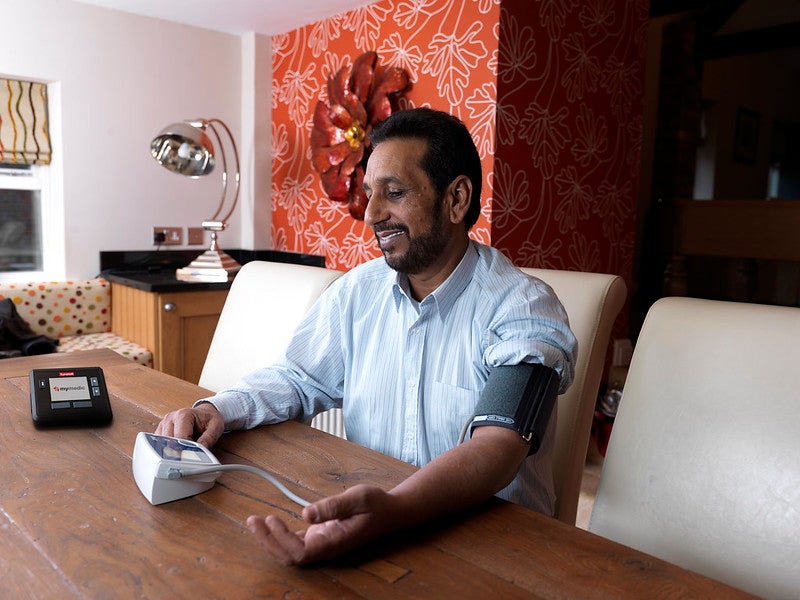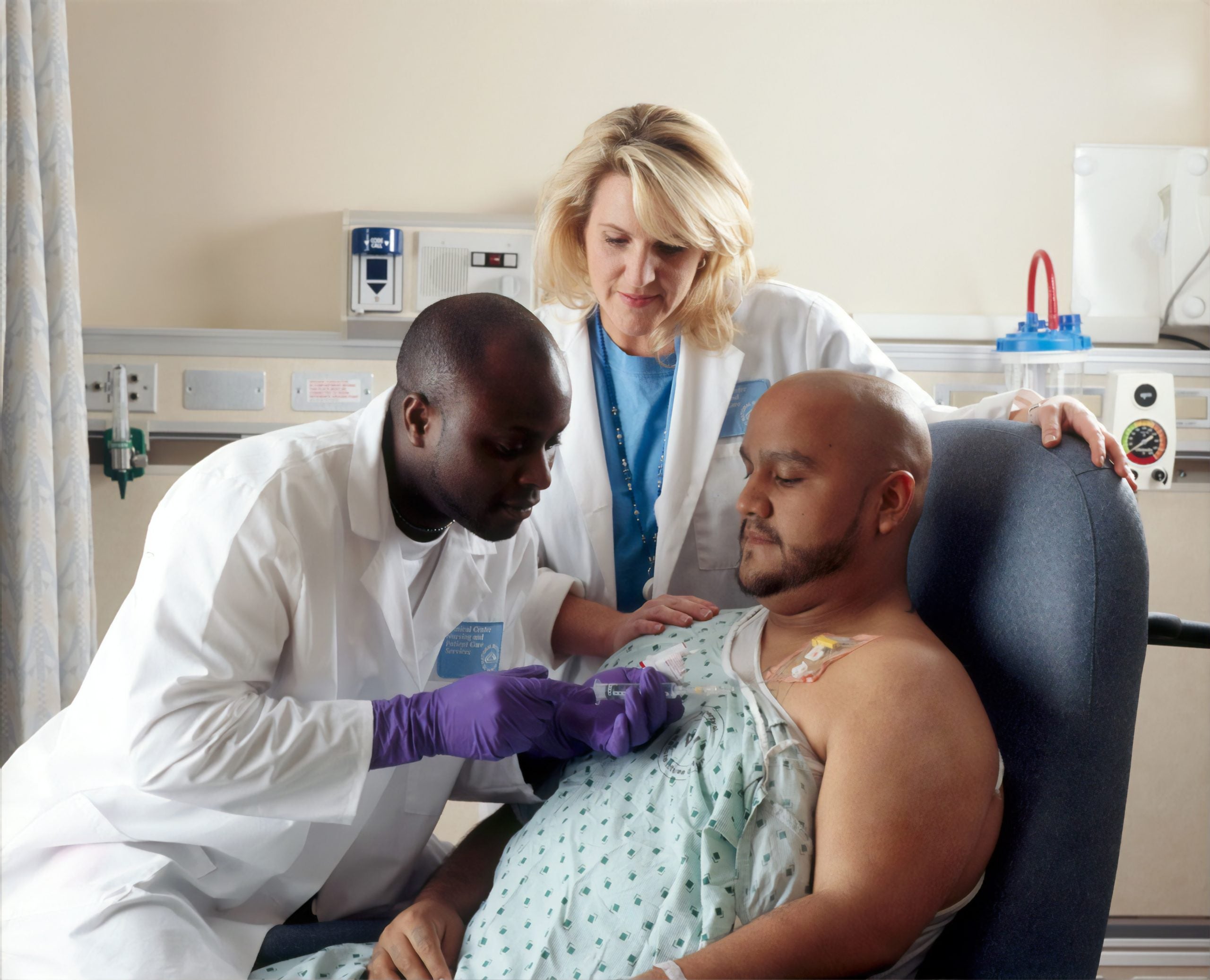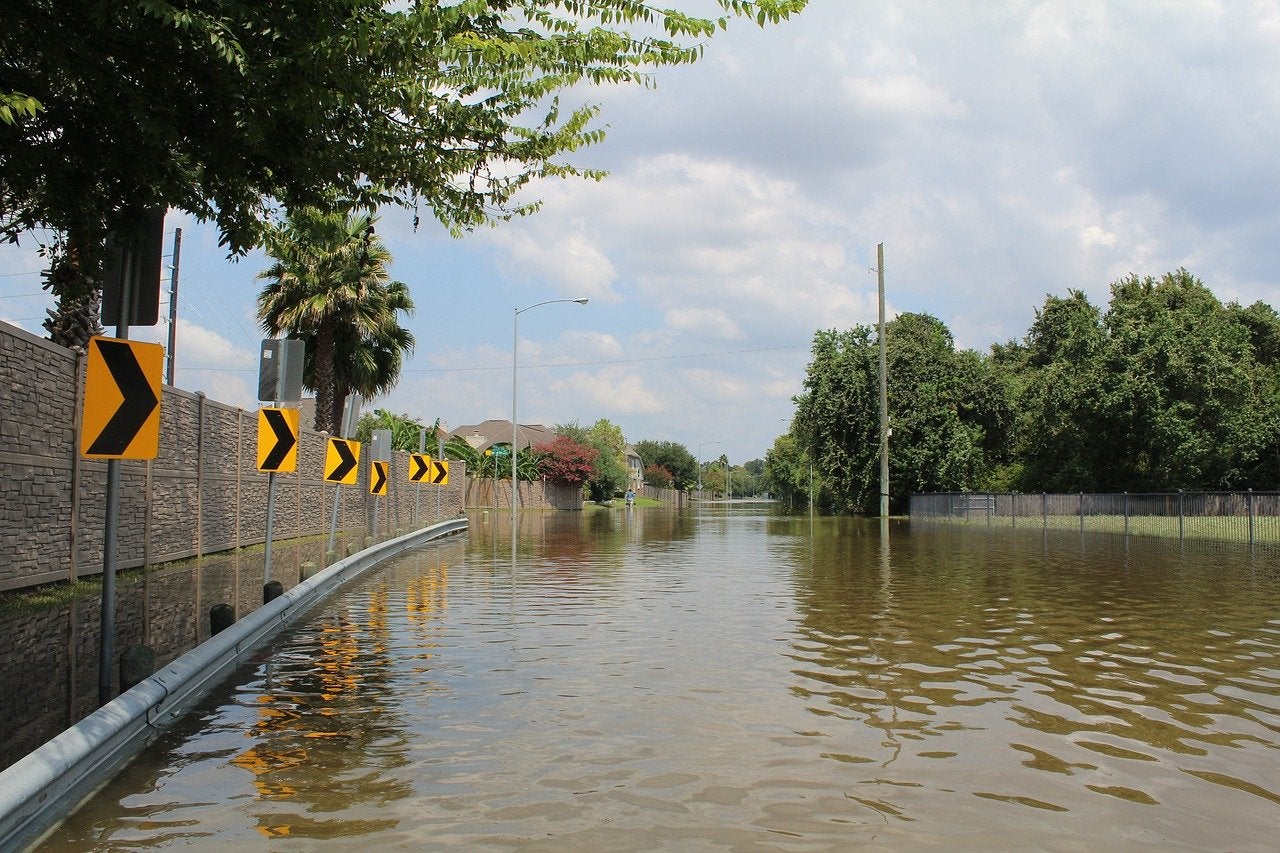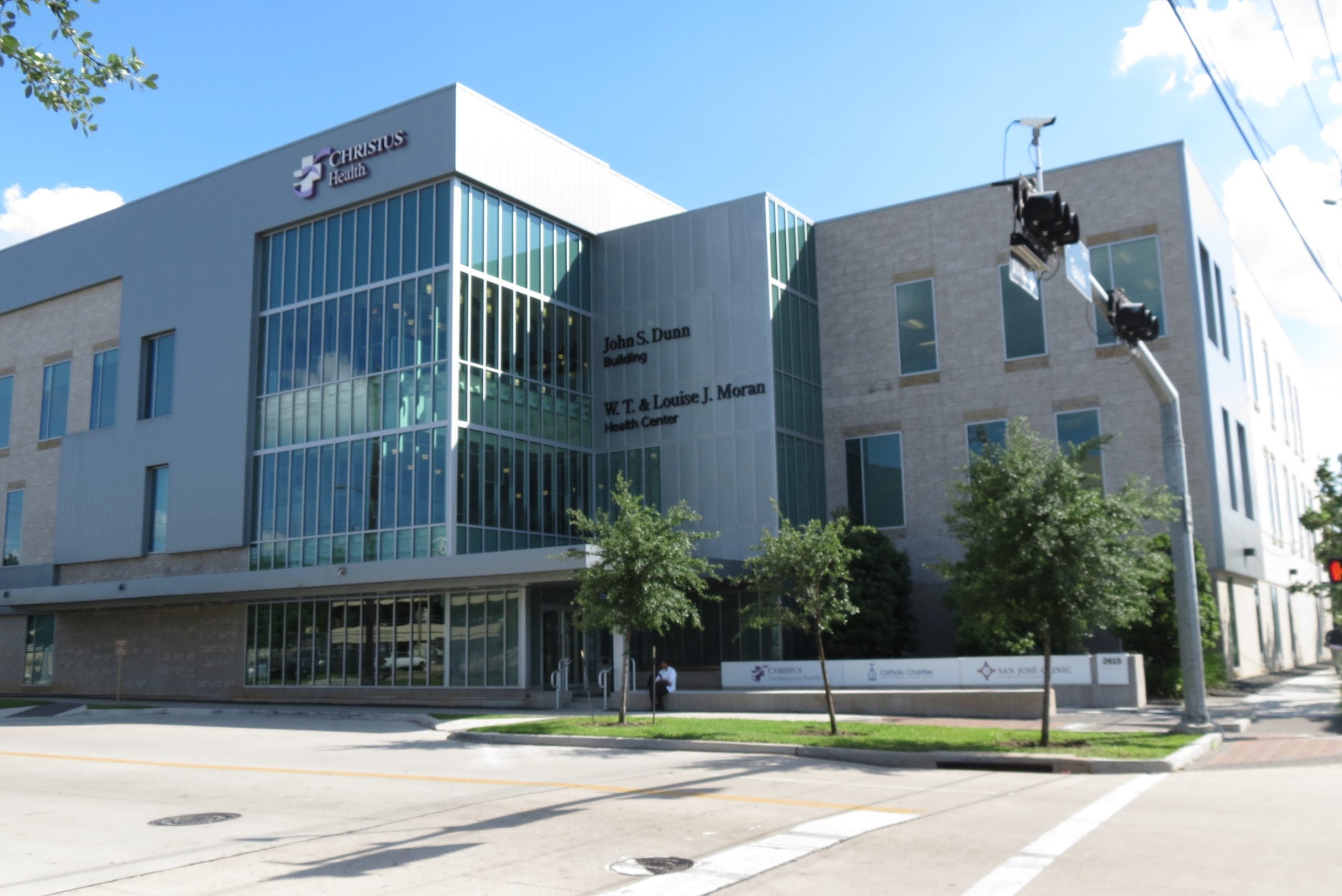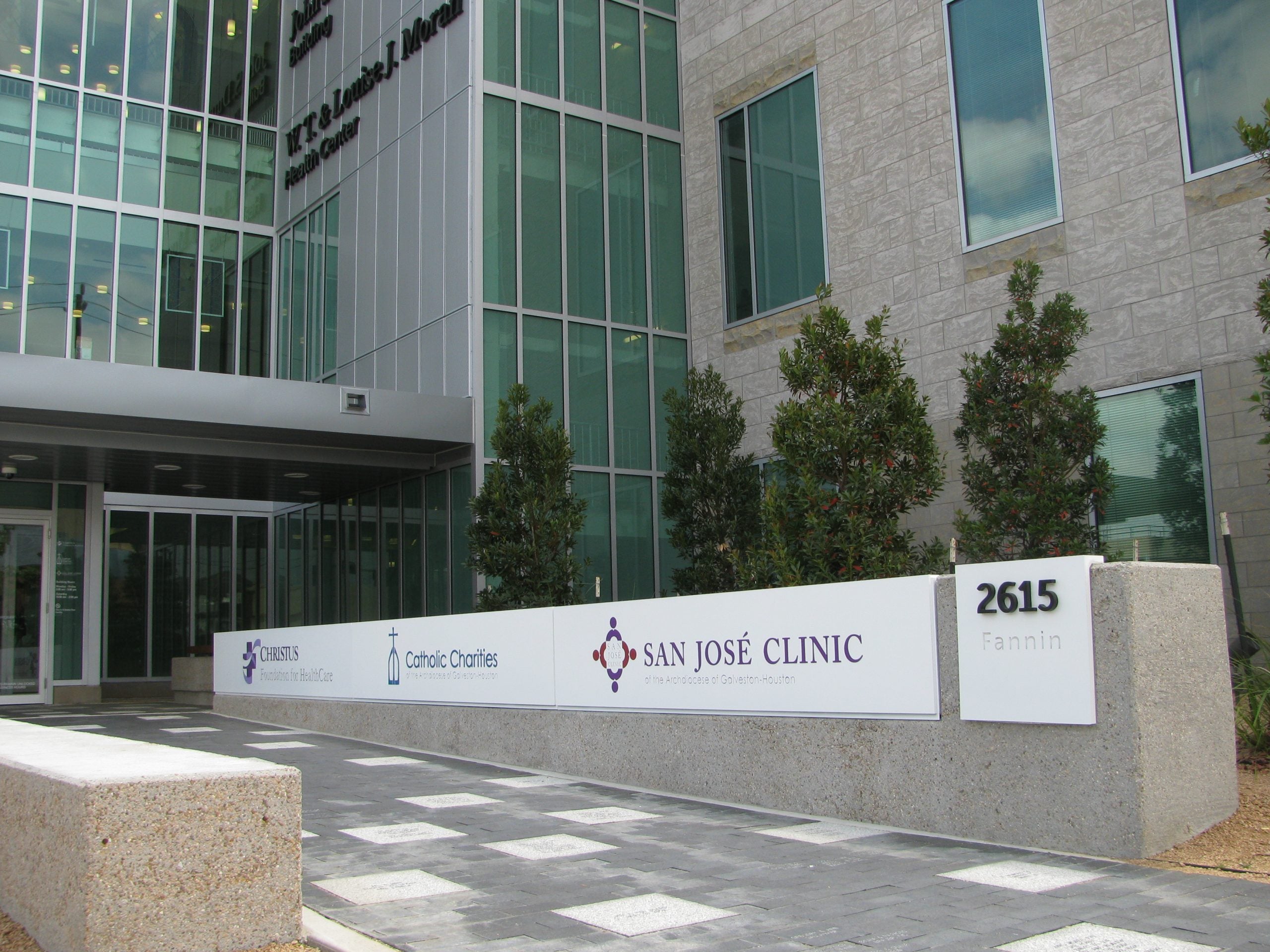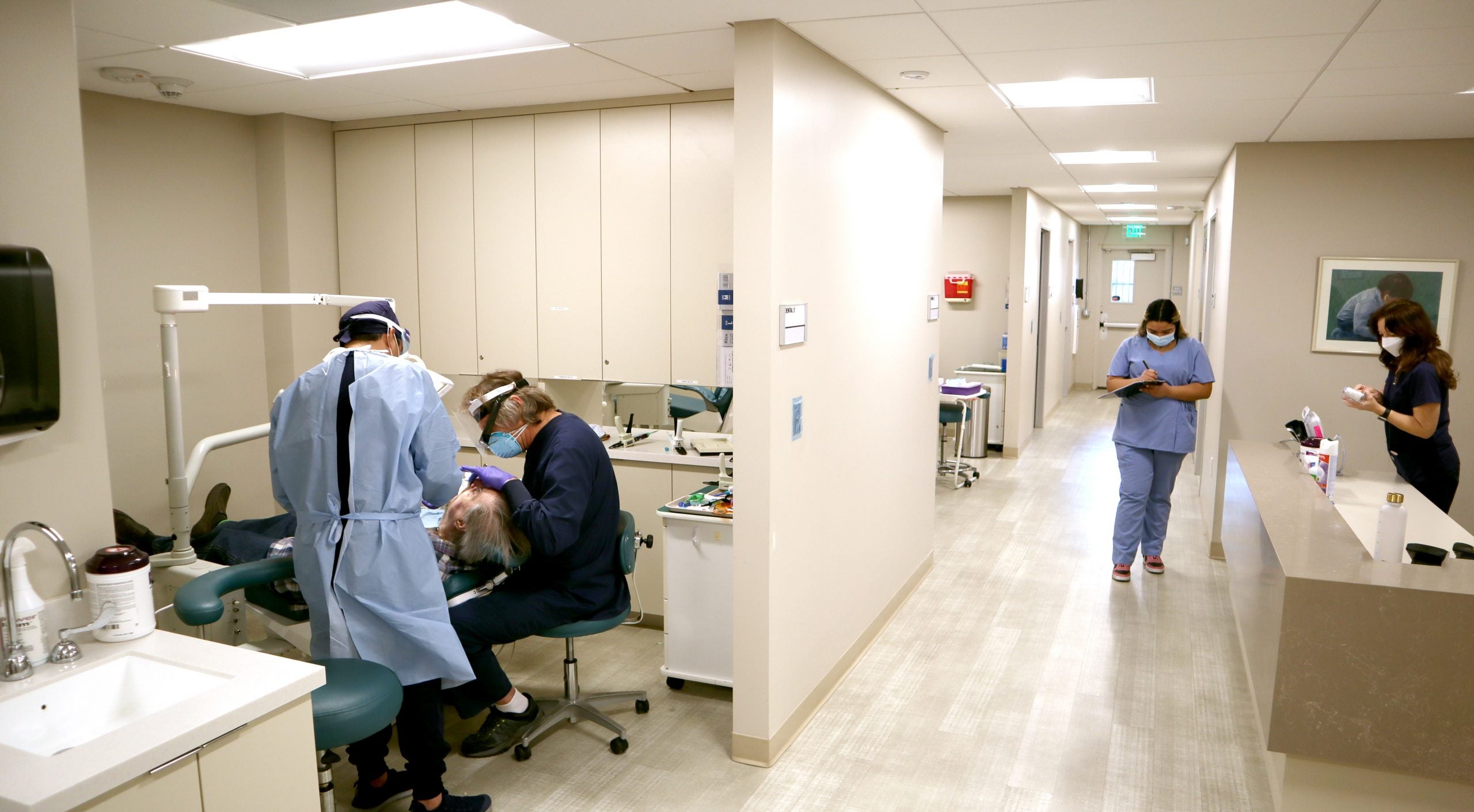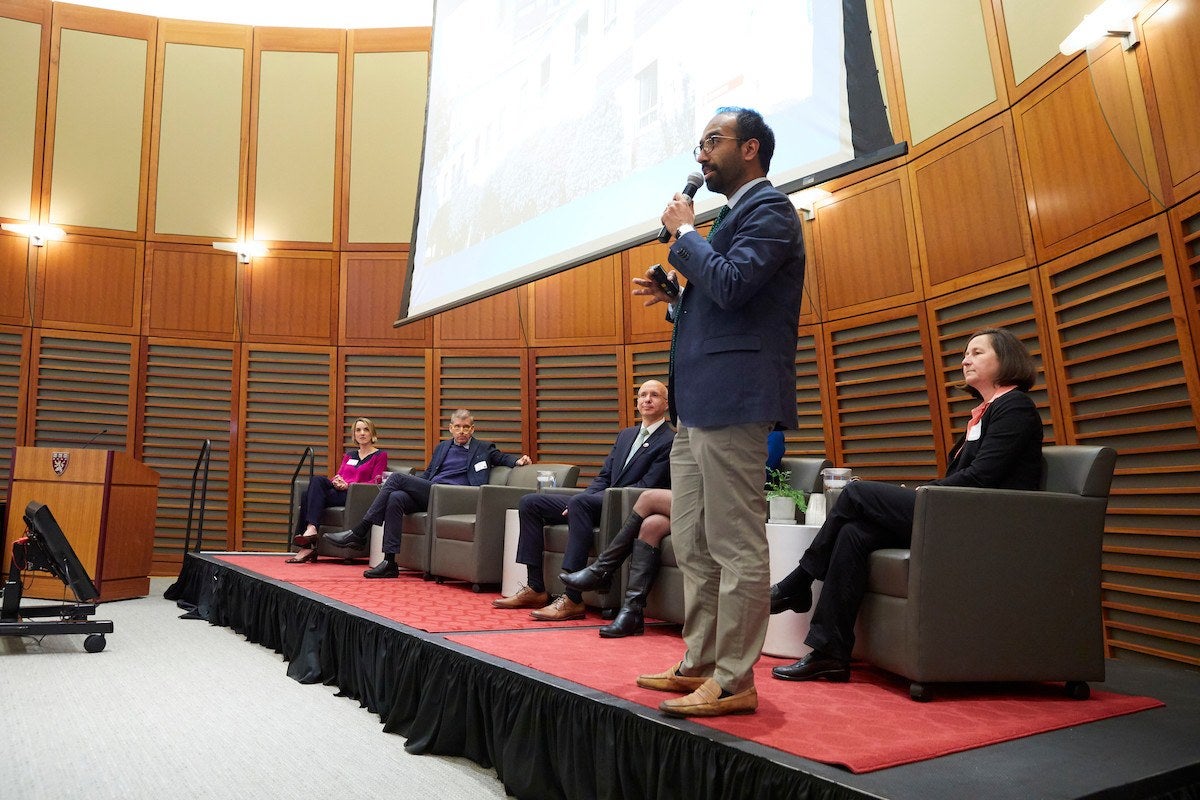Curriculum, linked to ACGME core competencies, teaches residents how climate change affects health, clinical care, and health care delivery
BOSTON, Mass. – A new paper proposes the first curriculum framework for teaching medical residents how climate change harms health, requires physicians to adapt their clinical practice, and undermines health care delivery. The paper by physicians from Harvard Medical School, Emory University School of Medicine, Icahn School of Medicine, Washington University School of Medicine, University of Illinois, and University of Colorado School of Medicine was published today in Academic Medicine.
While the American Medical Association publicly supports including climate change and health in medical education, no peer-reviewed, published resource has been available to guide residency training programs in teaching this content until now. This paper is the first to link learning objectives, learning formats, and assessment strategies to the core competencies set by the Accreditation Council for Graduate Medical Education (ACGME), the organization responsible for accrediting all graduate medical training programs in the United States.
“When Hurricane Maria wiped out an IV bag factory in Puerto Rico, I was forced to ration IV fluids that are a foundation of medical care. The next generation of doctors needs to be ready for a world where climate change makes practicing medicine more difficult,” said senior author Dr. Aaron Bernstein, Interim Director of the Center for Climate, Health, and the Global Environment at Harvard T.H. Chan School of Public Health (Harvard Chan C-CHANGE). “Receiving training on climate change during residency is essential for future physicians to safeguard the health of their patients, explain the health implications of climate change and advocate for policies that protect people and avoid worsening health inequities.”
Climate change increases risks of heat-related illness, infections, asthma, mental health disorders, poor perinatal outcomes, adverse experiences from trauma and displacement, and other harms. Additionally, increasingly dangerous natural disasters worsened by climate change impair delivery of care by disrupting medical supply chains and compromising power supplies.
“In Atlanta, we are already experiencing more extremely hot days where the air quality is so bad that it is unsafe for our children to play outside and where our doctors are seeing more kids needing emergency care because of asthma attacks,” said lead author Dr. Rebecca Philipsborn, Assistant Professor of Pediatrics at Emory University School of Medicine. “This curriculum will teach residents how climate change is worsening common illnesses and creating new and emerging threats so they can better care for their communities.”
Residents in all specialties require basic knowledge of the health impacts of climate change to
care for patients amid the ongoing climate crisis. For example, residents in:
- Emergency medicine benefit from more training in disaster response.
- Internal medicine, family medicine, and pediatrics can tailor guidance to protect patients from climate-related health threats, such as how medications and activities (like sports and outdoor occupations) may increase the risk of heat illness.
- Direct patient care will face climate-related mental health concerns from disorders stemming from disruption of life and livelihoods, displacement, disasters, and heat exposure.
The American Medical Association (AMA) passed a resolution in June 2019 supporting the inclusion of climate change and health in medical education at undergraduate, graduate, and continuing medical education levels. More than 70 healthcare organizations, including the AMA, American College of Physicians, American College of Emergency Physicians, American Academy of Pediatrics, and Physicians for Social Responsibility, have declared climate change a health emergency and called for greater engagement of the health sector in climate action.
About Harvard Chan C-CHANGE
The Center for Climate, Health, and the Global Environment at the Harvard T. H. Chan School of Public Health (Harvard Chan C-CHANGE) increases public awareness of the health impacts of climate change and uses science to make it personal, actionable, and urgent. Led by Dr. Aaron Bernstein, the Center leverages Harvard’s cutting-edge research to inform policies, technologies, and products that reduce air pollution and other causes of climate change. By making climate change personal, highlighting solutions, and emphasizing the important role we all play in driving change, Harvard Chan C-CHANGE puts health outcomes at the center of climate actions. To learn more visit https://www.hsph.harvard.edu/c-change/
Contact: Anna Miller, amiller@hsph.harvard.edu

